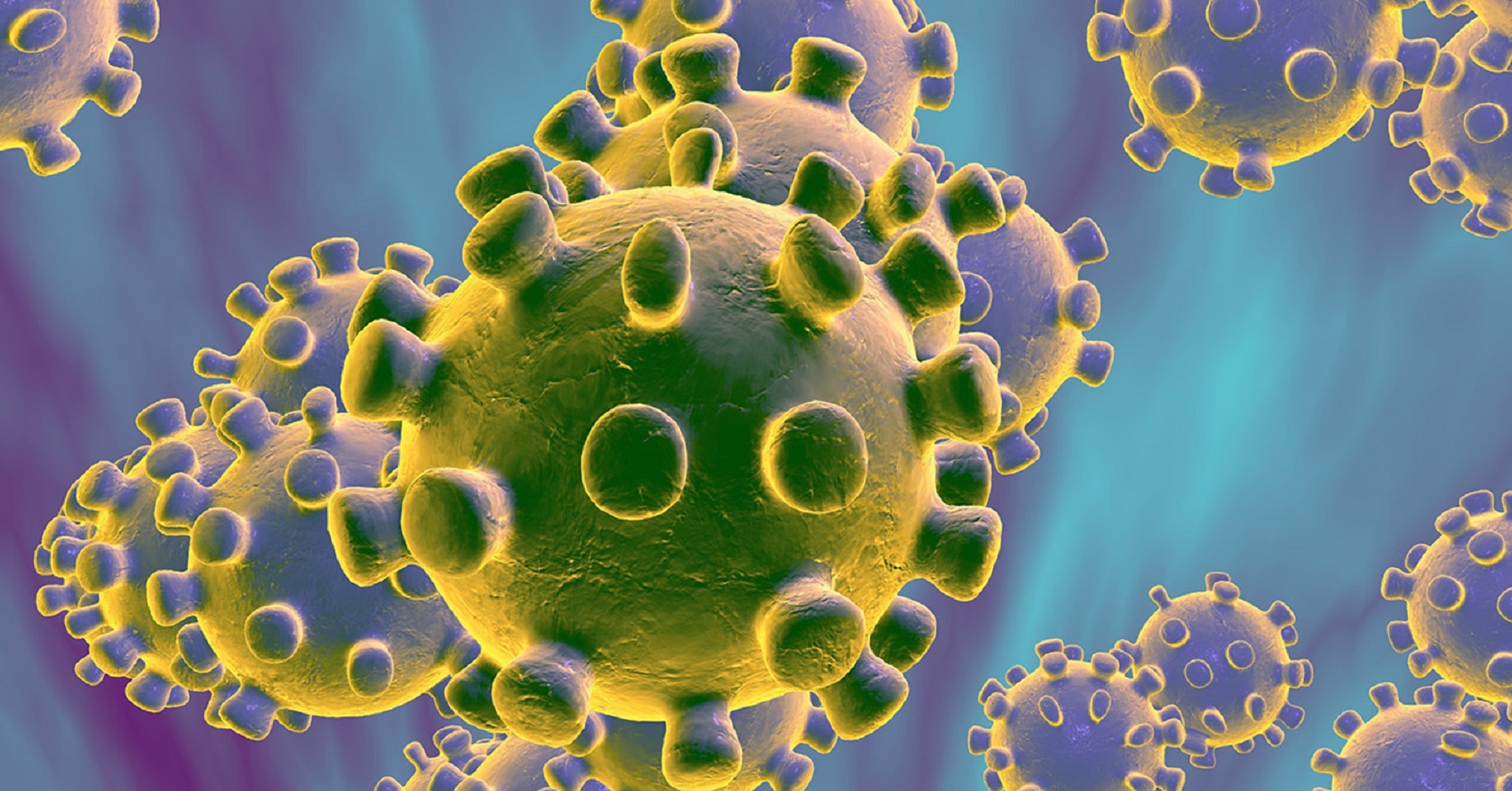Ednan Drljević, Head of the Department of Infectious and Infectious Diseases at Zenica Cantonal Hospital is a member of the expert team at the ZDK Crisis Staff for Coronavirus Monitoring. He spoke to Anadolu Agency (AA) about the measures being taken to prevent the spread of this virus.
Drljevic said that all recommendations to curb the spread of COVID-19 virus are approximate.
“All the recommendations so far are approximate, there are very few recommendations that have gone through the whole scientific circle, where they have been simulated and proven. All we have are assumptions with a high intensity of accuracy. We take everything into consideration, but we cannot say that something is as stated, because no one is 100 percent sure. If 99 percent is certain, it still does not mean complete accuracy because we cannot take any specific action. All measures are welcome, such as disinfection and avoidance measures, all are good, but we cannot say with certainty that they are correct. We assume and hope that with higher temperatures the disease will decrease, to be a seasonal disease. We are sure that lower temperatures are suitable for this disease, “Drljevic said.
Drljevic said that everything was done according to the protocols already established and that there was no need to disseminate misinformation.
“We work by all the rules of the profession, especially when we have a small number of patients, then surely all protocols can be followed. My job is to protect medical professionals. We have a lot of people from our milieu who, out of fear or ignorance, project opinions on this situation, ”Drljevic said.
The symptoms that accompany a coronavirus disease are similar to seasonal influenza, and the indication for testing someone on COVID-19 is either staying in areas where the infection has been established or direct or indirect contact with people who have been in those areas or have the disease.
“All symptoms except for the cold sore are like the flu when it comes to COVID-19. These symptoms are in different percentages, most have fever, dry cough, coughing, muscle aches. These are non-specific symptoms characteristic of viral diseases. The basis here is the contact information with someone who was from the endangered area, either resided there or had indirect contact. It is only when this is positive that we then examine the patient and, based on the symptoms, set the possibility that it might be COVID-19, agree with the epidemiologist to take the findings, and only when we have the findings do we know it is safe. Based on the clinical picture, we cannot be sure, ”Drljevic said.
